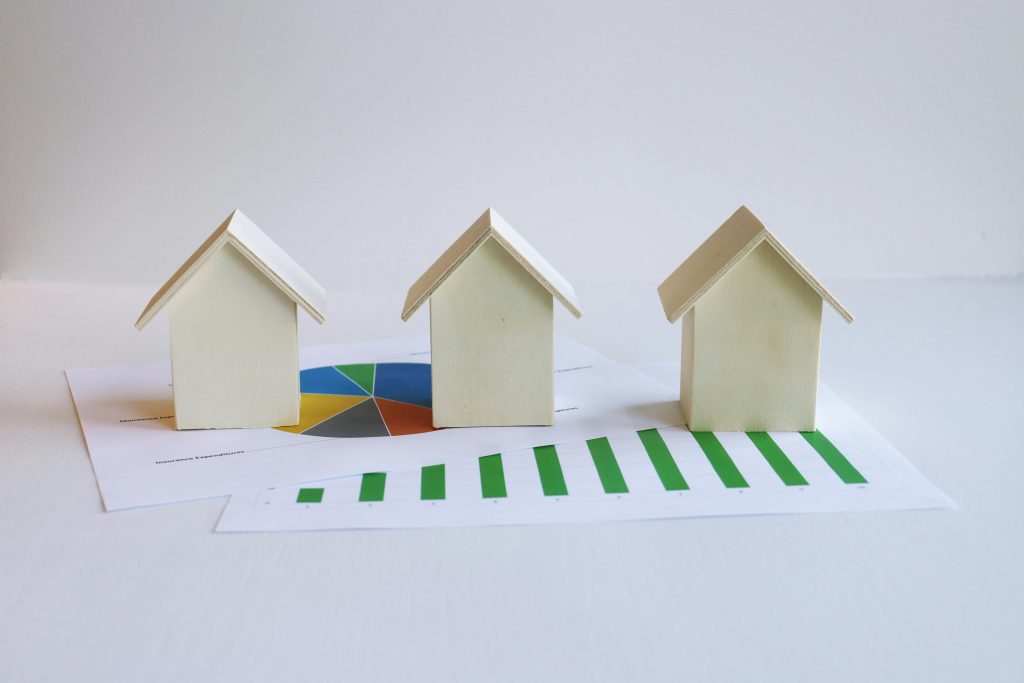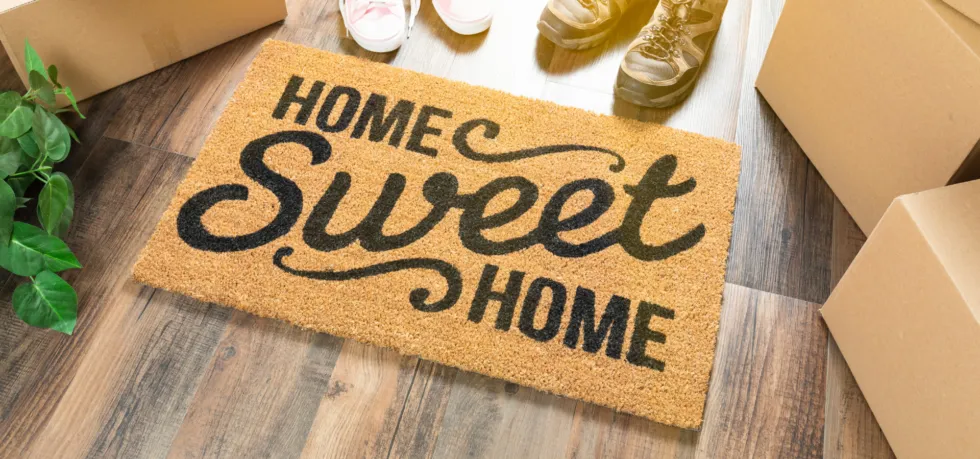For most people, the move from renting to owning a home is one of the most exciting transitions they’ll ever make — and also one of the most underestimated. On the surface, it might just feel like swapping one monthly payment for another. But in reality, buying your first home brings with it a whole new way of living.
It’s not just the finances that shift. It’s your routine, your responsibilities, and your long-term outlook.
Here’s a look at how daily life changes when you make the leap from renter to homeowner — and a few practical things to be ready for when the keys are finally in your hand.
You’re now in charge — for better or worse
Let’s start with the obvious: there’s no landlord anymore. That means no more waiting for permission to hang pictures or worrying about a rent increase. It also means that when something goes wrong — a boiler on the blink, a dripping tap, a creaky floorboard — the responsibility falls to you.
For many new homeowners, this is both liberating and a bit of a reality check. You’re free to make decisions, but you also need to plan ahead for unexpected costs. That includes:
- Routine maintenance (gutter clearing, boiler servicing, garden care)
- Emergency repairs
- Ongoing costs like buildings insurance or service charges (for leasehold properties)
If you’ve been used to calling the landlord to sort things out, this might take a bit of adjustment. But many people find they enjoy being in control — even if it means having to sort a plumber yourself from time to time.
You start thinking longer-term
Renting can feel like a short-term arrangement. You know the tenancy might not last forever, and moving on is usually just a matter of giving notice. Once you own a property, things change. You begin thinking beyond the next year and start planning for the next five, ten, even twenty years.
That could mean:
- Thinking about how the home might suit you as your family grows
- Considering renovations or upgrades to improve how you live
- Looking at resale potential — even if you’ve only just moved in
Owning a home gives you a longer-term mindset. You’re no longer just living in a property — you’re invested in it.
Your money starts working differently
Monthly rent payments are just that — payments. They don’t build anything for your future. With a mortgage, it’s a bit more complex.
Of course, a large part of your monthly payment is still interest. But gradually, you’re also chipping away at the loan and building equity in the property — in other words, owning a bigger share of it over time. That ownership can give you options down the line, whether it’s remortgaging for home improvements, releasing equity later in life, or simply knowing you’ll eventually own your home outright.
You’ll also likely become more aware of your money in general. Homeowners often pay closer attention to their budgeting and are more mindful of long-term savings. That may sound a bit dry — but it’s often a welcome shift in mindset.
Your environment becomes more personal
One of the greatest pleasures of owning a home is the ability to shape your environment exactly how you want it. You can paint the walls, rip up the flooring, or finally get that cat flap installed without having to ask anyone.
More than that, though, it’s about how the home feels. Homeowners often report feeling more settled — not just because they can decorate how they want, but because they’re no longer living in someone else’s space.
And over time, this feeling of belonging often extends to the wider neighborhood. When you know you’re likely to be staying a while, you might find yourself engaging more with the local area, getting to know your neighbors, or supporting nearby shops. You’re no longer just passing through — you’re part of the community.
It’s a lifestyle shift — but a manageable one
Owning a home doesn’t come without its challenges. There’s more responsibility, more admin, and sometimes, more stress. But there’s also freedom, security, and a greater sense of control.
For many, the daily reality of home ownership is quieter than they expected — and that’s not a bad thing. There are fewer unknowns, fewer rules set by others, and more space to make your own decisions.
Of course, it isn’t right for everyone at every stage — and it’s not something to rush into lightly. But if you’re ready to move on from renting, understanding the practical and emotional shifts ahead can make the process that much smoother.
If you’re starting to think about the move from renting to owning, we’re happy to help you explore your options. Whether you’re ready to buy or just doing your homework, a quick conversation could be the first step towards a place of your own.


Leave a Reply